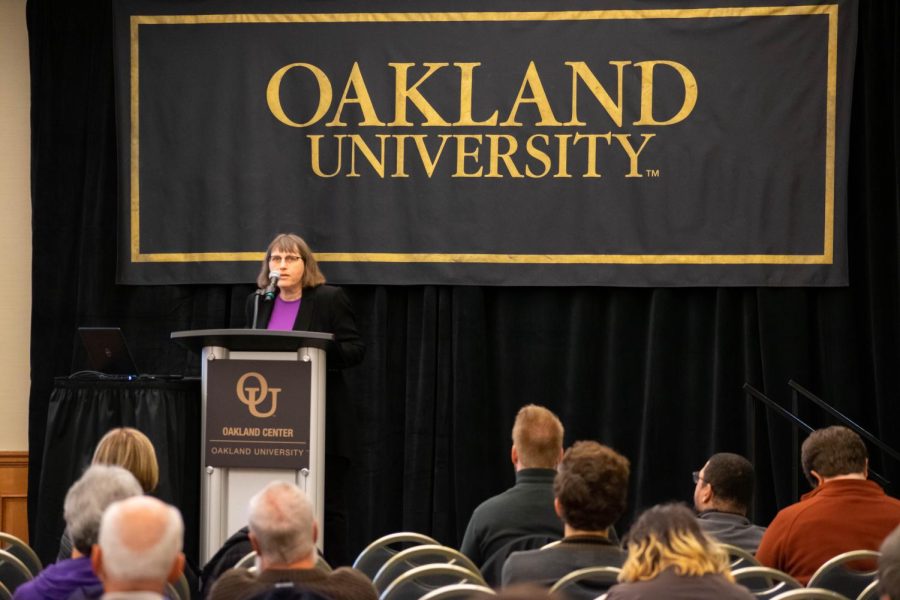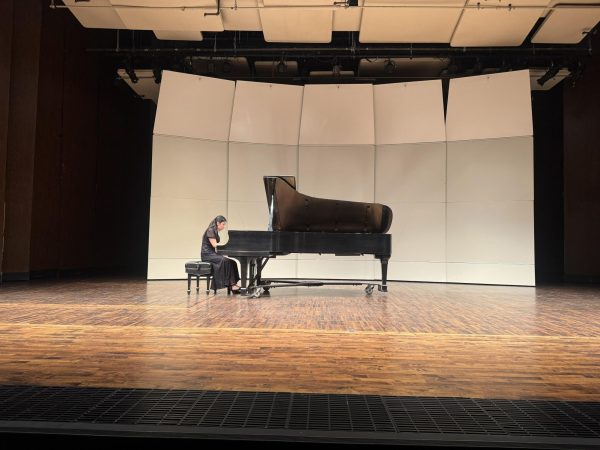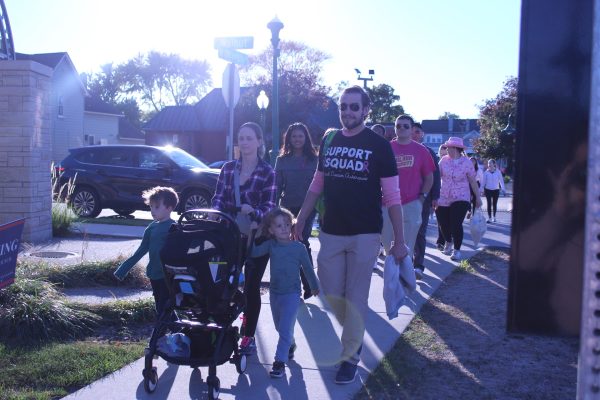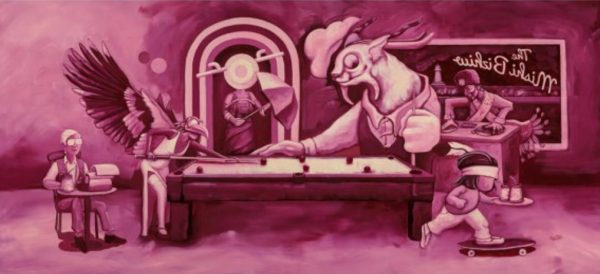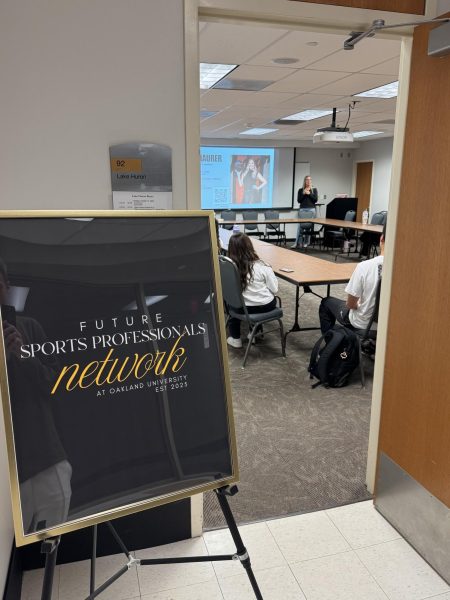Annual Burke Lecture in Philosophy features Dr. Elizabeth Anderson
Elizabeth Anderson, Ph.D spoke on campus last week for the annual Richard J. Burke Lecture.
After a year’s postponement, the annual Richard J. Burke Lecture in Philosophy, Religion and Society took place on March 24 at 7 p.m. in the Oakland Center Banquet Room. This year’s lecture featured renowned philosopher and professor, Elizabeth Anderson, Ph.D.
Anderson, Arthur F. Thurnau Professor and John Dewey Distinguished University Professor of Philosophy and Women’s Studies at University of Michigan, Ann Arbor, earned her Ph.D. from Harvard University. She is also the founding director and designer of University of Michigan’s Philosophy, Politics and Economics Program.
Her faculty profile for the University of Michigan states she specializes in moral, social and political philosophy as well as feminist theory, philosophy of economics and the social sciences and social epistemology. Anderson’s interests lie in exploring the interactions of social science as it relates to moral and political theory.
She has authored multiple books including, “Value in Ethics and Economics,” “Private Government: How Employers Rule Our Lives (And Why We Don’t Talk About It)” and “The Imperative of Integration.” Additionally, Anderson has written reviews and articles, many of which have been widely reprinted, for journals of philosophy, economics and law.
Anderson has also been featured in a wide range of interviews, podcasts, broadcasts and discussions across the globe. Her most recent talks include the New American Baccalaureate Project Podcast on Private Government and Education, OneZero Society Podcast and multiple Pitchfork Economics Podcasts with Nick Hanauer.
Her presentation, titled “What should work ethic mean for us today?,” discussed the term’s evolution after its origination by the Puritans roughly 400 years ago. Anderson demonstrated how “honoring workers for advancing human welfare and calling for their dignified and equitable treatment” can be updated to suit American workers in the modern age.
The main ideas of her presentation focused on the dignity and fair treatment of workers in the U.S. regardless of the type of job they hold. She notes that, in terms of wages, paid vacation time, etc. the U.S. is somewhat behind in comparison to several European nations. Anderson emphasizes that workers should be given basic respect no matter the job and should be acknowledged for their contributions to society.
Phyllis Rooney, Ph.D., coordinator for this year’s lecture and professor in the Department of Philosophy, states that while the actual lecture is the main event, a student meeting and faculty lunch also follow the presentation. Lecturers are able to speak with a small group of students, typically students who have read the lecturers’ work, and enjoy a lunch meeting the day following the lecture with faculty members and a small number of students.
The Burke Lectures began in 2006 with Holmes Rolston III, Ph.D., as the first lecturer of the ongoing series. Richard J. Burke, Ph.D., former professor in the Department of Philosophy from 1959 until 2005, gifted OU an endowment to create and maintain the series and bring major social philosophers to campus.
Before his passing in 2012, Rooney states that Burke was heavily involved in selecting and inviting lecturers to speak at OU. He created the endowment with the intention of allowing the series to continue for years into the future.
For more information about the Richard J. Burke Lecture Series, visit the “Richard Burke Lecture Series” tab on the Department of Philosophy’s website.



